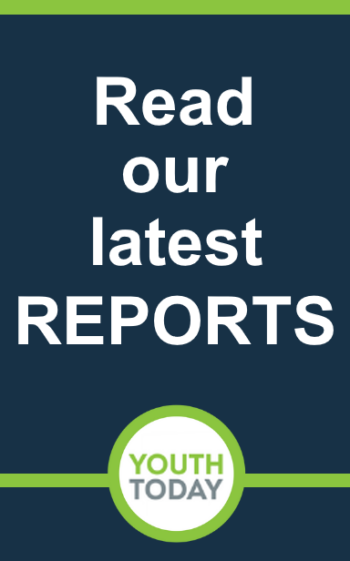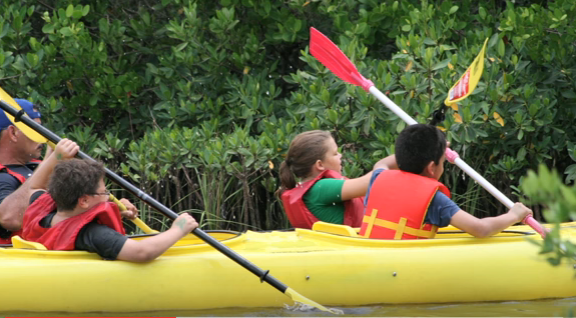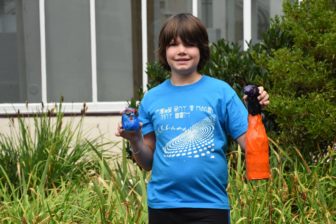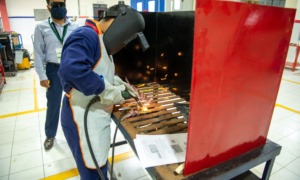
Explore & Download These Resources
Making Summer Programming Last: Integrating Summer Programming Into Core District Priorities and Operations
Summer learning programs offered by school districts can provide academic support and enrichment opportunities to students who need them the most. Low-income students in particular lose ground to more-affluent peers over the summer and lack comparable opportunities for enrichment. To expand summer program opportunities for students in urban districts, The Wallace Foundation launched the National Summer Learning Project (NSLP) in 2011, providing support to the public school districts in Boston; Dallas; Florida; Pittsburgh; and Rochester, New York. As part of the overarching project, the RAND Corporation assessed the effectiveness of their voluntary, district-led summer learning programs offered at no cost to low-income, urban elementary students. The Foundation and districts have turned their attention toward sustainability, and this report examines how program leaders are now conducting this sustainability work.
State Policy Snapshot
This policy brief by the National Summer Learning Association provides a snapshot of the state of summer learning programs across the U.S.
Summer Learning. Moving from the Periphery to the Core
Published by the Education Commission of the States, this publication provides an overview of the key findings in research on summer learning, as well as provides suggestions for quality program practices, including a broad array of enrichment opportunities; opportunities for skill-building and mastery; intentional relationship building; experienced and trained management and staff; and support for sustainability.
Making Summer Count
A monograph by the RAND Corporation reviews the literature on summer learning loss and the effectiveness of summer learning programs, determines key cost drivers of and available funds for summer programs, and gathers information about how such programs operate in district and city contexts.
Learning From Summer
The Wallace Foundation launched the National Summer Learning Project in 2011. This is the first of a six-year study on the effectiveness of voluntary, district-led summer learning programs offered at no cost to low-income, urban, elementary students. The study, conducted by the RAND Corporation, uses a randomized controlled trial and other analytic methods to assess the effects of district-led programs on academic achievement, social-emotional competencies, and behavior over the near and long term.
Aim High Implementation Study
A formative evaluation of a summer program, Aim High, conducted in 2016 by the John W. Gardner Center for Youth and Their Communities at Stanford University. As a first step, the Gardener Center supported Aim High in the process of refining the existing student logic model and developing a teacher logic model. Guided. Then the Gardner Center designed a mixed-method study to examine students’ and teachers’ experiences with the program and to identify key program elements and implementation conditions that bring about desired program outcomes.


























